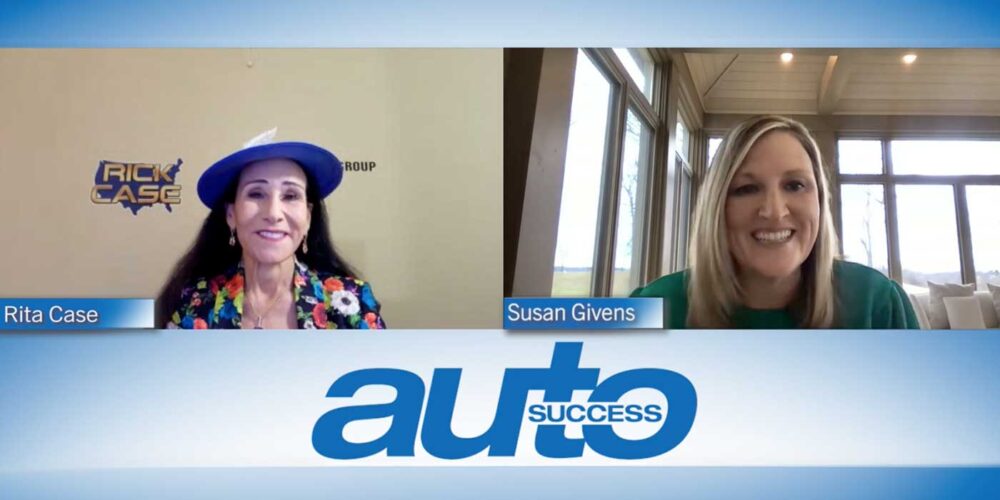Networking is recognized as a major influence on one’s ability to achieve great success. The most successful people in the world possess the capability to influence and shape the opinions of others. However, there is a greater emphasis on the type of network one participates in.
Much has been written about successful executives and leaders and how they participate in formal networks, but very little is known about the substantial amount of time they spend within their informal networks.
Informal networks are increasingly having a major impact on organizational effectiveness. More importantly, these types of networks provide major business advantages for the participants and thus are known to advance many careers.
Defining the Networks
The main difference between informal and formal networks is the effort of the individuals to create and maintain them. The formal network often has an organizational culture attached to it, such as a formal philosophy, mission, structure, leadership, membership, eligibility and funding.
These networks are easily identifiable — board of directors, economic clubs, affinity groups setup by corporations, executive talent pools, online discussion groups, management groups, professional conferences and associations.
Informal networks are based on the objective of achieving a reciprocal exchange of information and favors — no rules — share advice freely, expand the network at will, inspire each other, achieve personal goals and help each other obtain business and career advantages.
Informal Networks Are Hidden
The informal network may be a group of industry colleagues with a common interest or a shared philosophy getting together for a casual gathering away from the office. Other networks may be created through people you meet while traveling, attending church functions or simply completing errands.
The most effective informal network contains high-functioning people who are extremely skilled, knowledgeable, powerful and who have strong personal networks. Research indicates that extroverts are the element that drives a successful network. People who are friendly, courteous, tolerant of differences and respectful of cultures and different perspectives achieve the most success. The informal network encourages the most interaction and achieves the most positive results.
On the other hand, there are many skills one must possess before being invited to an informal network. The most important skill to acquire is not to treat everyone like a mass market, a machine or a cold call. The success of this most prized network depends on respecting the commonality among one another and to help each other achieve their goals.
Reflecting On Your Informal Networks
Here are strategies for polishing your informal networking skills. What do you need to work on?
• Do not treat your informal network like a mass market, machine or cold call. Be a genuine networker.
• Do you have a great attitude? Are you positive? Do you see the big picture? The successful networker has a strong belief in themselves and in what they are pursuing.
• Who makes up the network? What are their needs, company and interests? Leaders listen to the needs of the network.
• Who makes up your network? How can you connect your network with this network? Triumphant leaders are strategic — always thinking ahead.
• Do not be a name-dropper unless you have permission. Be an honest networker.
• How much have you given to your network? Successful people have the ability to give back. Share information and opportunities with one another.
• Does your informal network share the same philosophy about career, business, friendship or family? Identify key people you can relate to otherwise move to another network.
• Do you know your goals, strengths and career direction backwards and forwards? Educate the network on exactly what you do and what you are looking for — people cannot read your mind.
• What is your personal brand? Are you unique? How will people remember you? Remember that generic brands encourage generic attention. Write a 30-word brand statement of how you want to be described. A personal brand statement is a method of controlling what others are saying about you.
• Are you believable and credible? Leaders are passionate about who they are and what they do.
• What are your gifts? Leaders share their talents within the network without reciprocity.
• Write and call on a regular basis each person within the network and exchange information. Successful leaders are organized.
• Are you brave enough to ask questions? Leaders do not have all the answers — ask for direction, opinions and ways to get around obstacles.
• Develop the ability to ask the right questions — do not ask a lot of questions.
• Do you have the ability to self-correct? Leaders ask for honest feedback and take criticism from those they respect as an opportunity to improve.
• Communicate; be proactive in initiating conversation — do not give the perception of being in a clique or an exclusive group; be sure to mix and mingle.
• Training in and respect for etiquette, protocol and cultural awareness is mandatory — poor manners and ignorance immediately damages your personal brand and reputation.
• Do you write handwritten notes? Thank you notes remain a critical ingredient for maintaining a genuine reputation.
Networking has always been an essential social skill founded on the interdependence of people. We all rely on the support and cooperation of others to achieve our goals.
People have always had the need to build and maintain a network that involves trust and respect for others; the informal network connects people who perhaps otherwise would not have met.
Click here to view more solutions from Michele Wierzgac.














